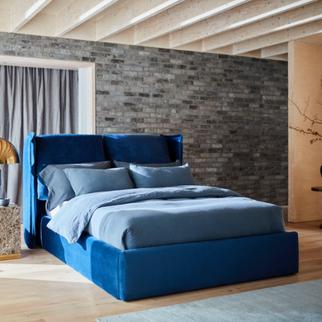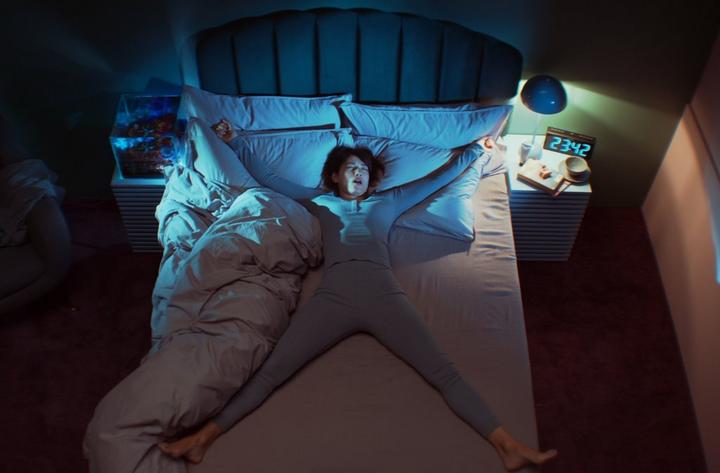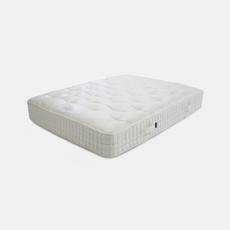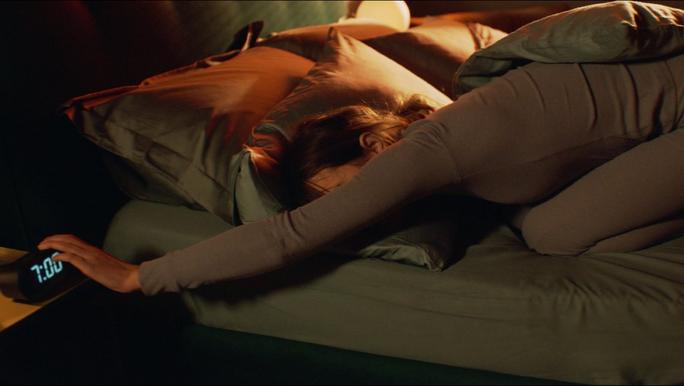

The following article was provided by Dr David Lee, Clinical Director at Sleep Unlimited and author of Teaching the World to Sleep (2016).
Mood, mental health, and sleep are inextricably linked. In therapeutic work, if we’re treating a mood problem, the patient usually also has trouble with their sleep.
Simply put, in order to improve your mental health, you’ve got to address your sleep.
As part of Mental Health Awareness Week, DFS asked me to talk about the link between sleep and mental health, as well as for some tips to improve your routine.
Continue reading, below, to learn more about the importance of getting the right amount of sleep for you.
The ‘busy office’ analogy
While everyone understands the importance of memory, it’s actually really vital that we forget things every day, too.
We have over 32,000 thoughts every day, with each of those thoughts generating a ‘piece of paper’. By the end of the day, your brain will be a busy office, cluttered with paper. If we want to work efficiently the next day, then the office needs to be cleaned up. Some pieces of paper need to be discarded (forgotten), while others need to be filed away (remembered).
Sleep facilitates this cleaning up and the forgetfulness of your brain, which is important as it allows you to function effectively day-to-day, by eliminating information that is no longer vital to you.
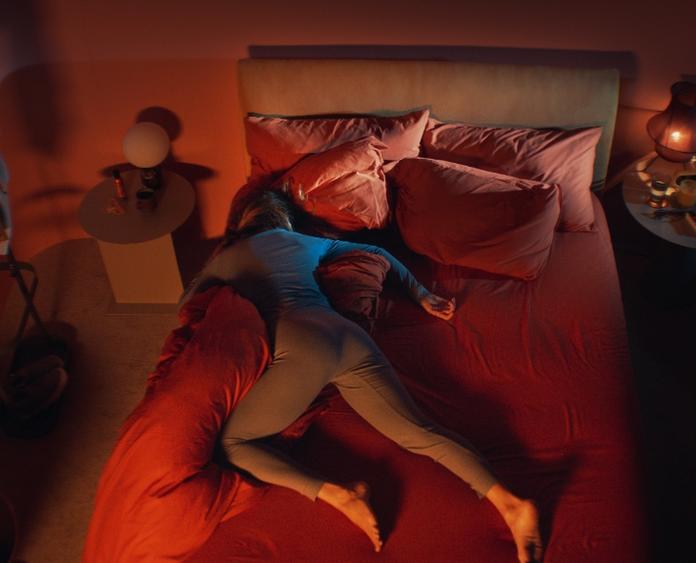
Tidying up with sleep
A good night’s sleep tidies up the office, helping you wake up the next day as a happy, functional person.
People who struggle with their mental health do not sleep well. Their untidy office is not being cleaned every night and their mental health suffers as a result. In order to improve your mental health, including assisting with conditions such as stress or depression, you’ve got to do something about your sleep. They are inextricably linked.
In our clinical work with patients, we take anybody with any sort of mental health problem and get them sleeping better. They tidy up the office better and their mood lifts.
REM vs non-REM sleep
Every night, we experience two types of sleep: REM and non-REM. Both are equally important.
In deep non-REM sleep, the memory consolidation function of our brain is really active. This is the sleep we need to tidy up the office and forget the unessential thoughts that clutter our minds.
REM sleep helps us deal with what we have experienced throughout the day. The idea is that we can emotionally reprocess in REM sleep. If we’ve experienced stressors during the day, we may have bad dreams about those stressors at night. This is quite common and it’s part of our subconscious trying to make sense of and alleviate that stress.
In terms of your mental health, you need both REM and deep non-REM sleep to fully function. You need to tidy up the office at a practical level with non-REM sleep, but you’ve also got to process and tidy up your experiences from the day with REM sleep.
Remove the obstacles from your sleep
To facilitate a good night’s sleep, you need to identify the obstacles in your way.
Are you monitoring your smartwatch, which makes you stressed about not getting enough sleep? Are you drinking too much alcohol before bed? Are you consuming caffeine too late in the day? Are you getting up in the night to use the bathroom, interrupting your routine?
The obstacles are different for different people and a lot of the work around optimising your sleep routine will be around identifying what these obstacles are for you and trying to reduce them or eliminate them entirely.
For example, if you find yourself waking in the night to use the bathroom, you may consider not consuming food or drink in the two hours prior to your bedtime, to reduce the chances of this interrupting your sleep during the night.
Get a good night’s sleep with DFS
Want to improve your sleep after reading Dr David Lee’s article? You can find the perfect bed for your needs in the DFS collection. From king size beds to sink-in soft mattresses, our bed and mattress range prioritises your comfort every night.
Dr David Lee’s book Teaching the World to Sleep (2016) is all about the science of sleep, the various forms of insomnia and parasomnia, and the treatment of those conditions. He is also Clinical Director at Sleep Unlimited, the largest company of sleep experts in the UK. To find out more about the work of Dr David Lee, head over to Sleep Unlimited.



